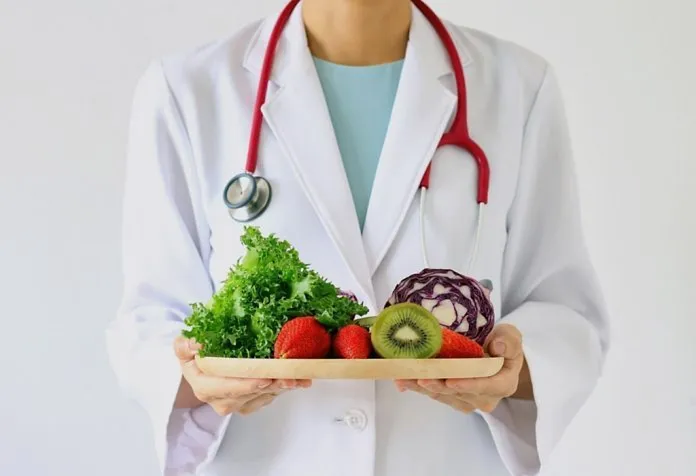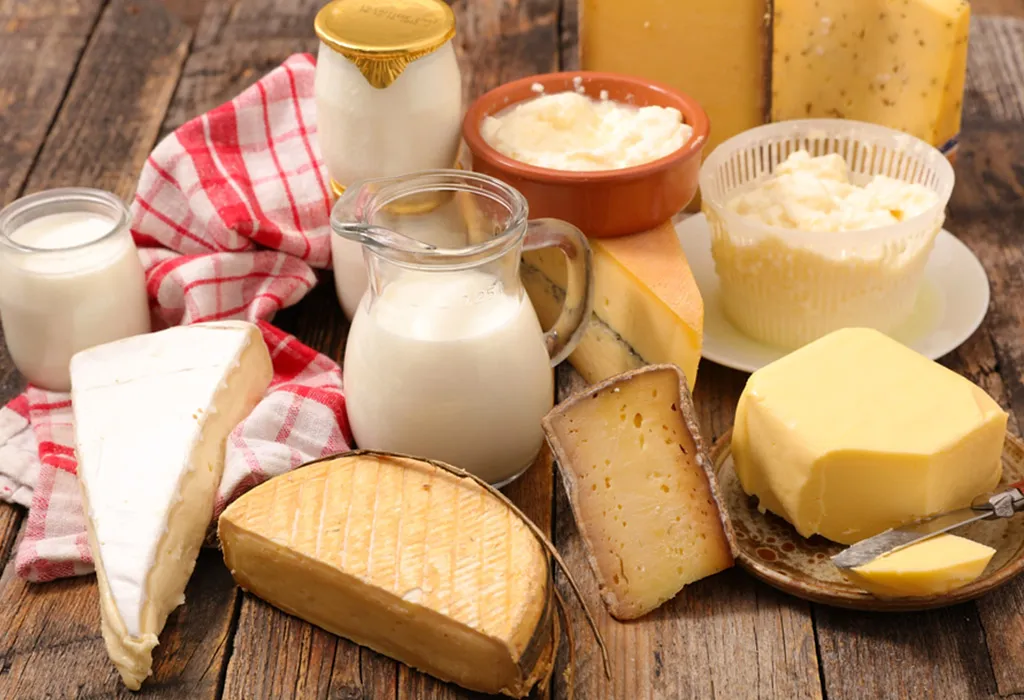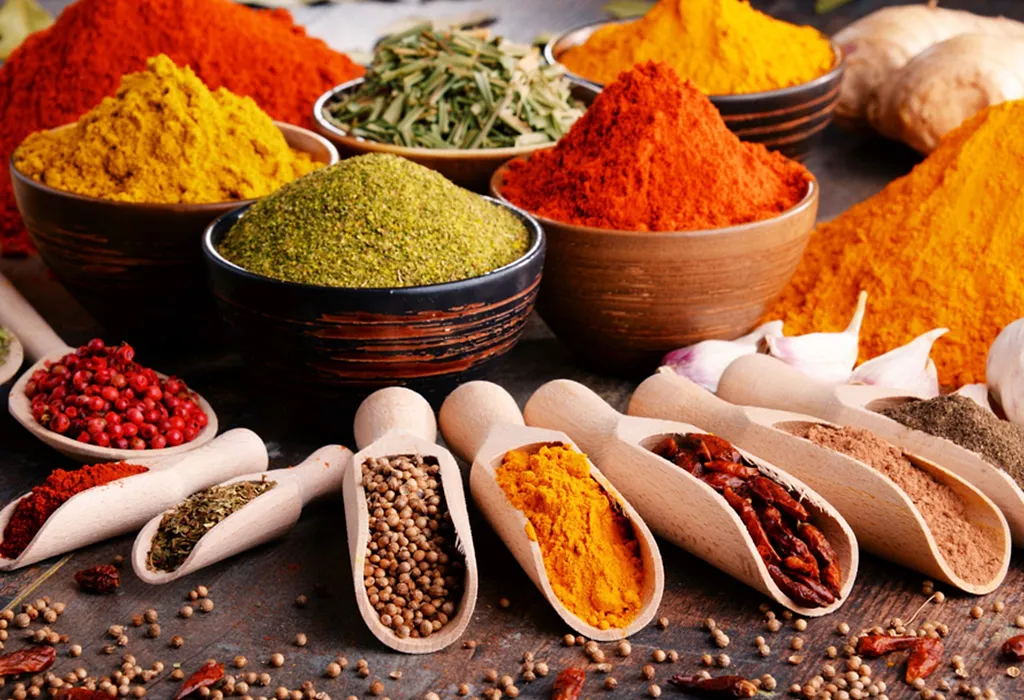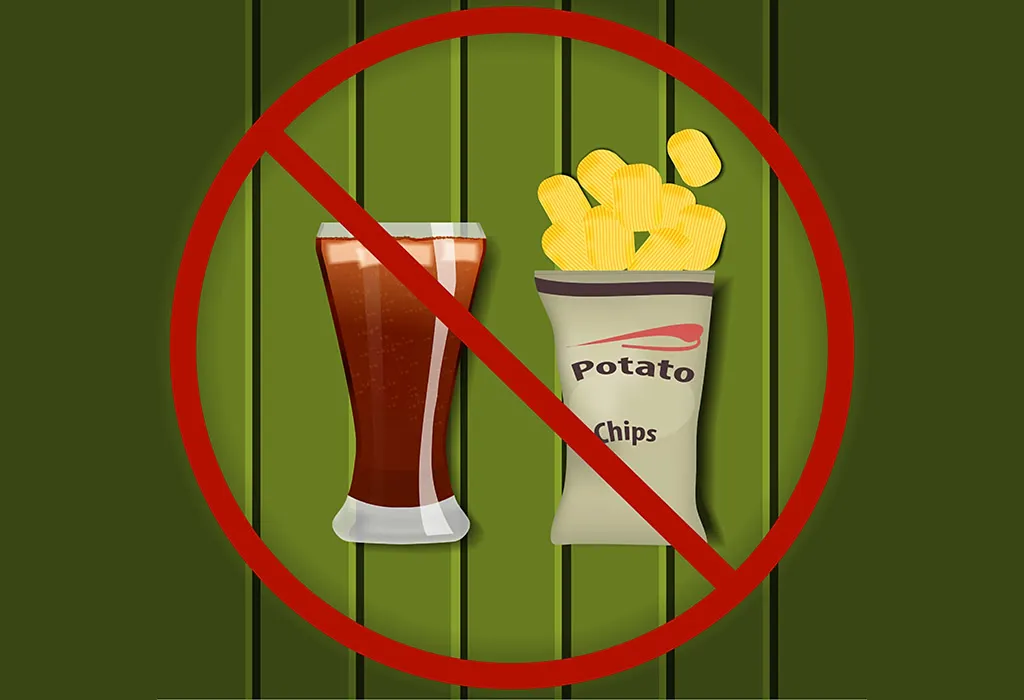Vitamin C After C Section

- Video: Diet After a C-Section (Foods to Eat and Avoid)
- Why Is Nutrition After Delivery Important?
- Diet to Follow Immediately After Caesarean Section
- Best Diet After C-section
- Indian Foods After Caesarean Delivery – Spices for Recovery
- Which Foods to Avoid After Caesarean Delivery?
- Important Tips to Get the Best Out of Your Post Caesarean Delivery Diet
Last Updated on
A lot of C-section or caesarean deliveries happen as a result of a complication or unforeseen circumstances. The process of delivery by C-section can be difficult and painful as it can exhaust the mother both mentally and physically. In order to recover from the surgery, the mother will need ample rest and a controlled diet. The mother needs to be closely monitored during the first few weeks after the C section, and she should be assisted to recover mentally and physically from the stress of of the delivery.
Video: Diet After a C-Section (Foods to Eat and Avoid)
Also Read: Indian Foods to Eat After Delivery
Why Is Nutrition After Delivery Important?
The diet of the mother after delivery becomes very important not only because it aids in her speedy recovery, but also because she needs to breastfeed the newborn baby. Breast milk is the only source of nutrition for the baby during the first few months, so it is important to ensure that the mother gets a healthy diet. Good nutrition along with ample rest will also speed up the healing of the abdominal wall and the uterus which are slit during the C-section. Proper nutrition will also help the mother shed the weight gained during pregnancy.
Diet to Follow Immediately After Caesarean Section
In addition to providing good nutrition to the baby and assisting in healing the mother's body, a good diet is also important for proper digestion and easy bowel movements that don't strain the abdomen. The diet to be followed immediately after caesarean delivery should be rich in critical nutrients such as proteins, minerals, calcium, fibre, and iron.
Constipation is one of the major problems women face after delivery. The reasons for these are many, such as the high levels of iron in prenatal supplements, drugs used during surgery, dehydration, and weak pelvic muscles post-delivery. However, another reason why new moms suffer from constipation is psychological – the fear that their stitches might get affected or that they might hurt.
To make sure that constipation isn't because of physiological changes post-delivery, here's what you can do –
- Drink warm liquids.
- Eat fibre-rich foods (explained in detail below)
- Avoid caffeine.
Also Read: Diet for Healthy Weight Loss After Delivery
Best Diet After C-section
Drawing a diet plan with what to eat after caesarean delivery and what to avoid should be planned carefully. The diet should be a mix of foods which will supply essential nutrients in sufficient quantities to the mother. Listed below are items which should be included in a mother's diet after a C-section for a speedy recovery:
1. Protein, Minerals and Calcium-rich Food
Proteins help in the growth of new tissue cells which quicken the healing process. Foods rich in protein facilitate the repair of tissues and maintain muscle power post surgery. Calcium, on the other hand, strengthens bones and teeth, relaxes the muscles, aids blood coagulation and prevents osteoporosis. During breastfeeding, 250 to 350 mg of calcium is transferred to the new-born baby.
- Low-fat dairy products such as skimmed milk, low-fat yoghurt, cheese, beans and dried peas are excellent reservoirs of proteins and vitamins.
- Pulses are rich in protein content.
- Sesame seeds are rich in iron, copper, calcium, phosphorous and magnesium.
2. Whole Grain Foods
Whole grain foods such as pasta, brown bread and brown rice should form a part of your diet as they are rich in carbohydrates that help maintain energy levels and breast milk production. Enriched whole grain products have iron, fibre and folic acid which are essential in the early stages of development of the baby. Mothers experiencing sleepless nights and irritation in the morning should start their day with a whole grain cereal breakfast.
3. Vitamin-rich Foods
Vitamins are rich in antioxidants and help in repairing tissues. Vitamins assist production of collagen in the body which helps in building new scar tissues, ligaments and skin.
- Vegetables like broccoli, spinach and fenugreek leaves are good sources of vitamins A and C, dietary calcium and iron.
- Vegetables and fruits like oranges, papayas, watermelons, strawberries, grapefruits and sweet potatoes are rich in vitamin C, which helps in combating infections and strengthening immunity.
4. Fibre-rich Foods
Constipation can delay the healing process by putting pressure on wounds and incisions, and fibre is a necessary nutrient that averts constipation by ensuring hassle-free bowel movements.
- Raw fruits and vegetables add roughage to the diet and give relief from constipation.
- Oats and ragi are high in fibre content and are also rich sources of carbohydrates, calcium, proteins and iron.
- Lentils, green grams and pulses can also be included in the diet for their protein and fibre content.
5. Easy-to-digest Foods
The body accumulates gas after giving birth. New mothers should be careful not to eat food items that cause gas and constipation. During the period after the C-section, you should avoid consumption of junk food and carbonated drinks and consume food items such as soup, cottage cheese, broth, yoghurt and other items which are easily digested by the body.
6. Iron-rich Foods
Iron maintains the haemoglobin levels in the body and helps regain blood lost during the delivery process. Iron also aids in the functioning of the immune system. Food items such as egg yolk, red meat, oysters, beef liver and dry fruits are rich sources of iron. The recommended iron intake for women beyond 19 years is 9 mg per day. Excessive iron consumption can result in constipation and should be avoided.
7. Fluids
Drinking lots of fluids helps keep dehydration and constipation at bay. Good fluid intake helps smoothen bowel movements and aids in post-surgery recovery. Liquids such as coconut water, low-fat milk, non-citrus juices, herbal teas, buttermilk and soup are good sources of essential nutrients. You should also consume 8 to 10 glasses of water daily.
Liquids such as calcium-fortified drinks, low-fat yoghurt and milk improve your breast milk supply, which is an essential component of the baby's daily diet. Caffeinated drinks such as coffee, tea and energy drinks should be avoided as they can enter the breast milk and affect your baby's sleep.
8. Dairy Products

Low-fat dairy products such as skimmed milk, low-fat yoghurt and cheese provide a good dose of protein, calcium and vitamins B and D. These minerals are essential for nursing mothers, and at least 500ml of dairy products should be consumed daily.
9. Vegetables and Fruits
While all fruits and vegetables are beneficial for new mothers, green veggies are especially good as they are loaded with vitamins, iron and calcium. Besides beans, spinach and broccoli, it is a good idea to include lotus stems and fenugreek in a meal plan. Mushrooms and carrots are good sources of protein for vegetarians. Breastfeeding mothers can benefit from the antioxidant properties of blueberries and the goodness of vitamin C-rich citrus fruits.
10. Other Foods
Aside from the foods listed above, including spices and condiments that are integral to Indian cooking will help a new mother cope with the physical demands childbirth puts on her. Cumin, fenugreek, turmeric, ginger and garlic, and carom seeds (ajwain) are some spices that have medicinal properties. While some like ajwain are anti-bacterial and anti-fungal, others like turmeric help reduce inflammation.
Indian Foods After Caesarean Delivery – Spices for Recovery

Indian foods are rich in nutrients such as proteins, calcium, iron and vitamins, and a good diet plan consisting of Indian foods can fulfil the nutritional requirement of the recovering mother. Food items commonly used in India such as fenugreek seeds, fennel seeds, cumin seeds, ridge gourd, spinach, masoor dal, oats and daliya help increase milk production in the mother.
Indian spices, when added to the mother's diet, help in speedy recovery after a c-section delivery.
- Hing/Asafoetida: Addition of hing to the diet post-pregnancy will help in better digestion and ease out the gas/flatulence problem which every mother faces post-delivery.
- Jeera :Jeera aids digestion and also helps in the production of milk.
- Ajwain/Carom seeds: Consumption of ajwain also helps in digestion and is tender towards the digestive system. Aromatic oils from ajwain are released in the breast milk which help in regulating baby's motions and digestion.
Which Foods to Avoid After Caesarean Delivery?

Post C-section, your usual activities are restricted as you are advised to rest. Since you will not be able to do much of any physical activity, it is important to control what you eat and avoid consuming anything that will take a long time to digest and increase fatigue. Also, in order to heal from the stress of delivery, the body needs nutritious and light food that supplements it with necessary minerals and helps avoid any adverse impact. Just like the list of recommended foods, there are food items that should be avoided after delivery.
- Avoid spicy food as it can cause gastric trouble and the baby might also get the flavour in the milk.
- Carbonated drinks and citrus juices should not be consumed as they can cause gas.
- Consumption of caffeinated drinks such as coffee and tea should be restricted as caffeine can cause problems in the baby's growth.
- Alcohol should be avoided as it can interfere with the mother's ability to breastfeed, and impair baby's growth and development.
- Stay away from foods that produce gas. Food items such as urad dal, chole, chawali, rajma, chana, besan, pickles, green peas, dry peas and vegetables like cauliflower, cabbage, bhindi, broccoli and onions should be avoided for at least 40 days from the day of delivery.
- Cold and uncooked food should be excluded from the menu.
- Fermented, fried and fast food should be avoided completely.
- Avoid ghee and rice for the first 3-4 days after a C- section.
Important Tips to Get the Best Out of Your Post Caesarean Delivery Diet
Following are some basic tips to be kept in mind in regards to your diet to get the best out of what you eat:
- Instead of consuming three heavy meals during the day, spread out your meal throughout the day and try to have five to six small meals.
- Maintain a gap of two hours between meals. In case you feel hungry, snack on some fruits or nuts in the interim.
- Have a relaxed meal. Take time to properly chew the food before swallowing instead of gulping it down at once. Ask your family members to look after your baby in the meantime so that you can have a peaceful meal.
- Sleep whenever possible. A good sleep might be difficult with a newborn baby around, but make sure to catch a nap frequently as sleep will help your body repair and heal better and faster.
- Avoid food that is not cooked at home. Consume only home-cooked food and include a lot of fresh ingredients in your meal.
The time after a C-section delivery can be difficult and challenging. It is important to keep a control on the diet in order to speed up recovery. A good, nutritious diet can help you recuperate from surgery and keep you and your baby healthy.
Also Read:
Fruits to Eat and Avoid during Breastfeeding
No Breast Milk After Delivery
Indian Diet After Miscarriage
Source: https://parenting.firstcry.com/articles/diet-after-c-section-delivery-foods-to-eat-and-avoid/

0 komentar:
Posting Komentar